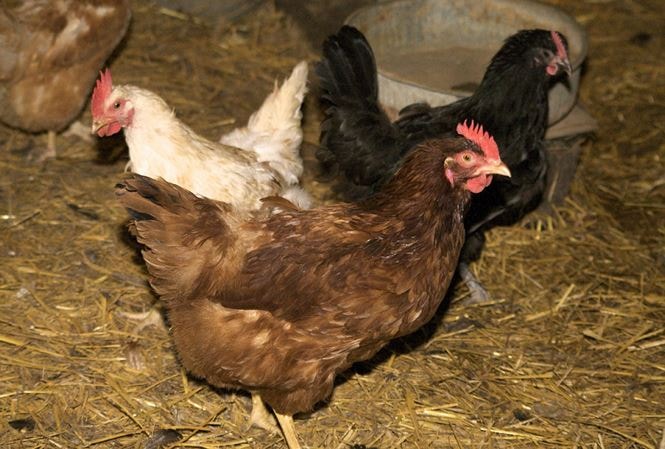US accuses China of secretly 'hiding' new flu virus strain
China is now “hoarding” samples of a deadly new flu without sharing them with scientists and US officials.

Despite some major differences between the United States and China, American and Chinese health experts have long shared a special relationship in sharing knowledge about disease prevention. That relationship may have changed recently, as China is now hoarding samples of a deadly new flu virus without sharing them with U.S. scientists and officials.
Epidemics can spread rapidly through the world's population. Past outbreaks have shown that it is vital that scientists have time to prepare methods to prevent and combat new strains of viruses.
According to the newspaperNew York Times,China has identified samples of a new strain of bird flu called H7N9. It is a dangerous virus that could cause major problems if it spreads in an unvaccinated population, and despite repeated requests from US officials, China appears to be ignoring the US’s efforts to research the virus.
Both the US and China are members of the World Health Organization, and sharing medical knowledge and samples has been going on for a long time. By sending each other samples of new diseases, both countries can study them, assess the risks, and develop action plans if these strains spread widely.
These types of agreements benefit both countries. Americans and Chinese citizens frequently travel back and forth between each other, so neither country wants to spread the disease through travel. However, the recent escalation of trade tensions between the United States and China may have affected the medical community as well, causing Chinese researchers to withhold important information and samples.
H7N9 is a particularly dangerous strain of bird flu that has killed hundreds of people in China. The disease has spread from poultry to humans, and nearly half of the 750 confirmed cases in China have died.
But now, China is completely silent in response to requests from the US and organizations that want to research this deadly virus.
